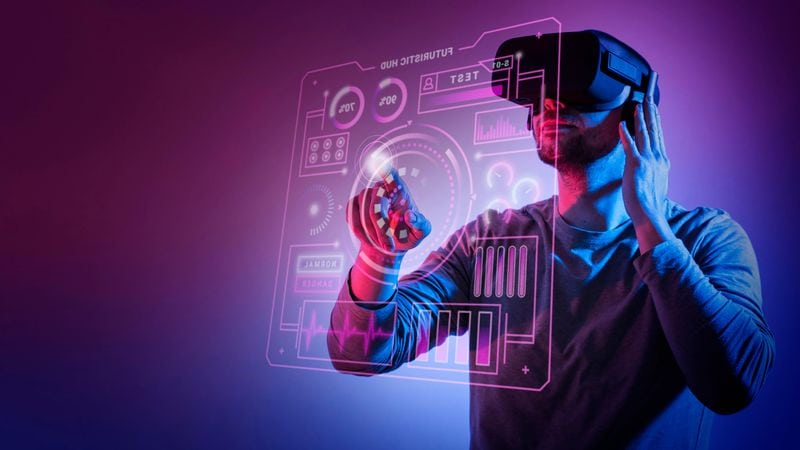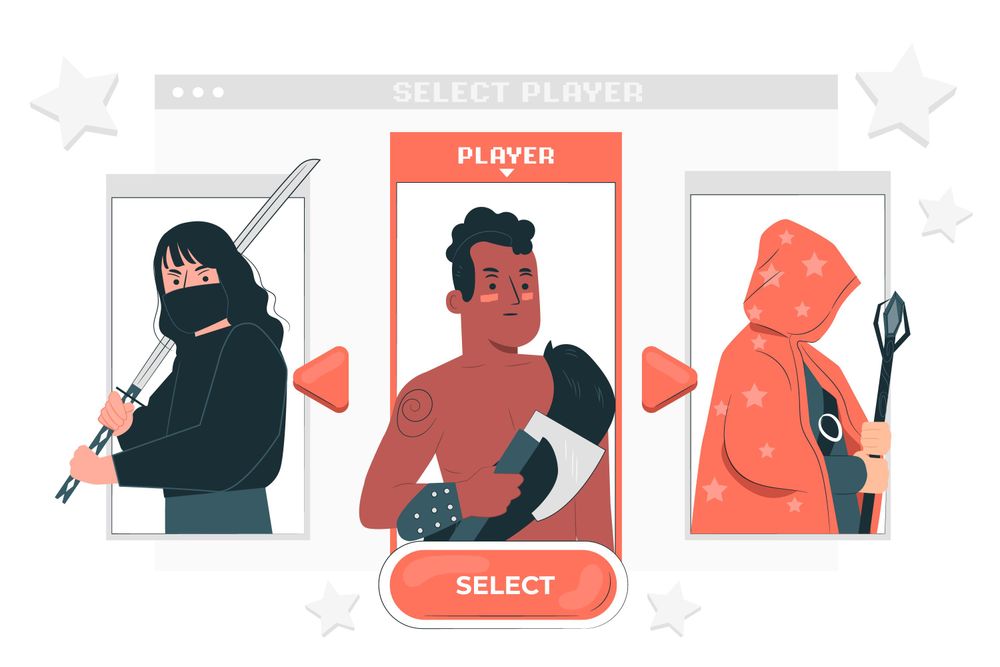Gaming is evolving whether we want it to or not.
Thanks to the latest advancement of the internet, cryptocurrencies and Web 3.0 technologies, the future of gaming has forever been shifted. And whether you’re all for it or against it, it’s worth diving into the evolving ecosystem.
Web 3.0 and the Gaming Industry
Web 3.0 has changed the gaming concept, allowing developers to develop innovative and futuristic games based on Web 3.0 game development technologies such as augmented reality, artificial intelligence, digital currencies, and other major technologies. Experts predict that the gaming industry’s market size will be valued at $125.7 billion by 2025 and is valued to further increase in the years to come. The proliferation of modern technology in gaming dramatically brought a paradigm shift in the industry.
Not only that gamers can now play digitally, they can also have a highly immersive and interactive gaming experience all at the same time thanks to Web 3.0 technology.
Key Features of Web 3.0 in Gaming
With the new Web 3.0 gaming model, a new era of gaming is emerging. Players can now have the privileges to own, sell, and trade-in game assets and and even earn rewards as they play. Among some of the other many attractive features of Web 3.0 to the gaming industry also includes:
Proof of ownership and interoperability
With the exponential popularity of NFTs, true ownership and interoperability is increasing. And because proof of ownership is also the new face of Web 3.0 in gaming, players can now exercise complete ownership over their in-game assets through NFT’s.
Interoperability in Web 3.0 also allows users to move their assets outside the gaming marketplace and into various other platforms allowing them to earn profit without losing any money on these items.
Transparency in the democratic gaming world
With the autonomous operations of the Web 3.0 gaming ecosystem, minimal central authority is being intervened, adding a new layer of transparency which uses voting consensus for changes in the gaming process.
As a result, it gave rise to a decentralized governance organization called DAOs. With most blockchain games practicing this governance system for better transparency, gamers can now see how their game data is being used and what happens to it after they leave the game.
Player-focused gaming
In a world where players are more empowered, developers are now creating games that focus on the players experience first and foremost. Users can expect gaming in the Web 3.0 to be more personalized, social and engaging as in comparison to traditional gaming.
Final Thoughts
Before Web 3.0, players put time and resources into playing games without any economic benefits. But today, Web 3.0 makes it possible for gamers to earn while playing and owners to see more equitable rewards.
Ultimately the shift towards Web 3.0 gaming presents exciting new opportunities for gamers and developers alike without straying too far from what matters the most; creating and playing a great game.






